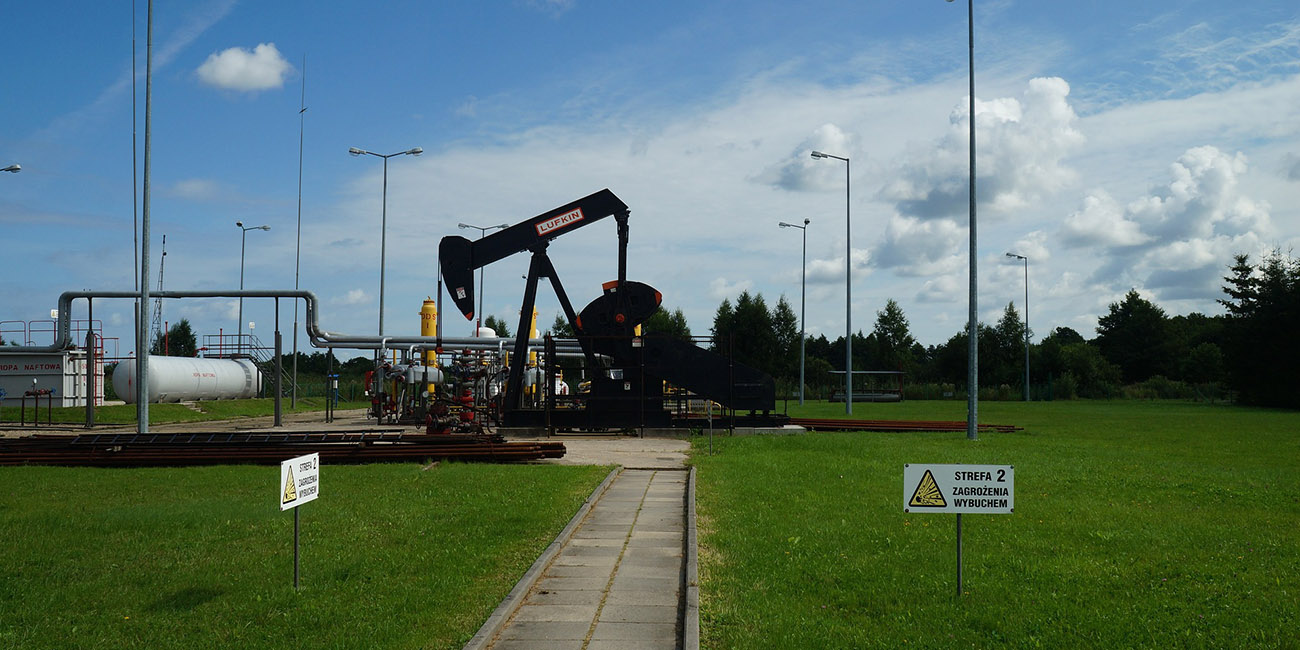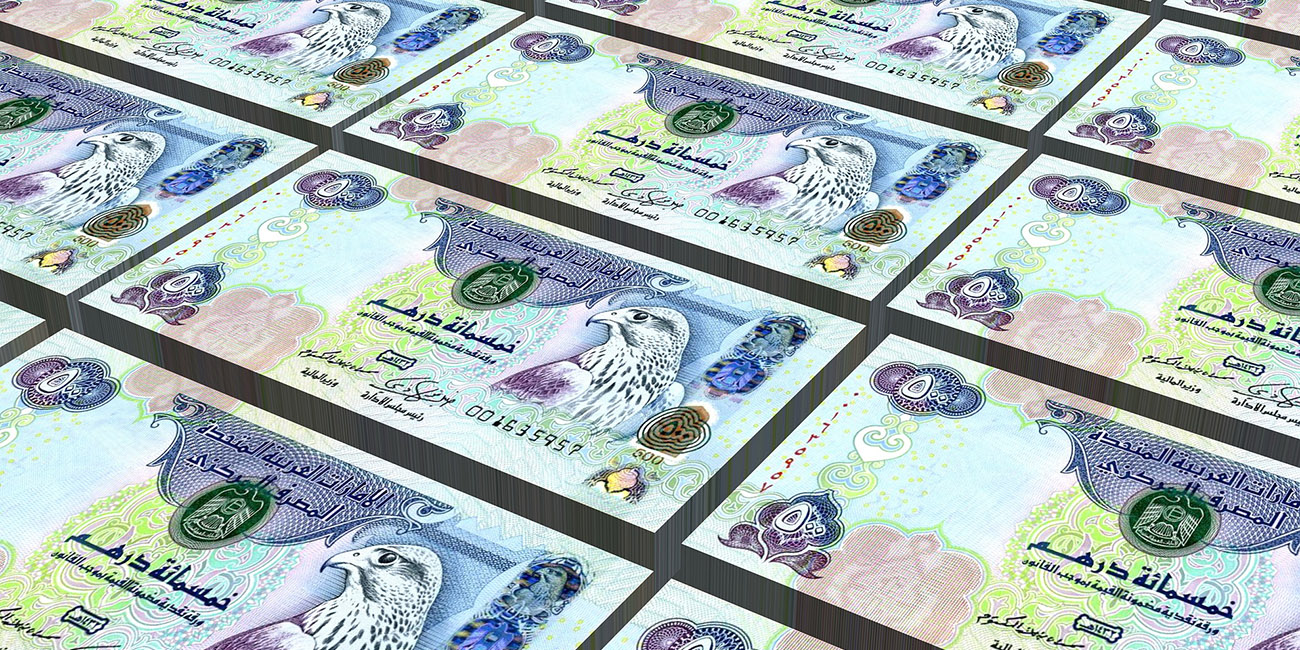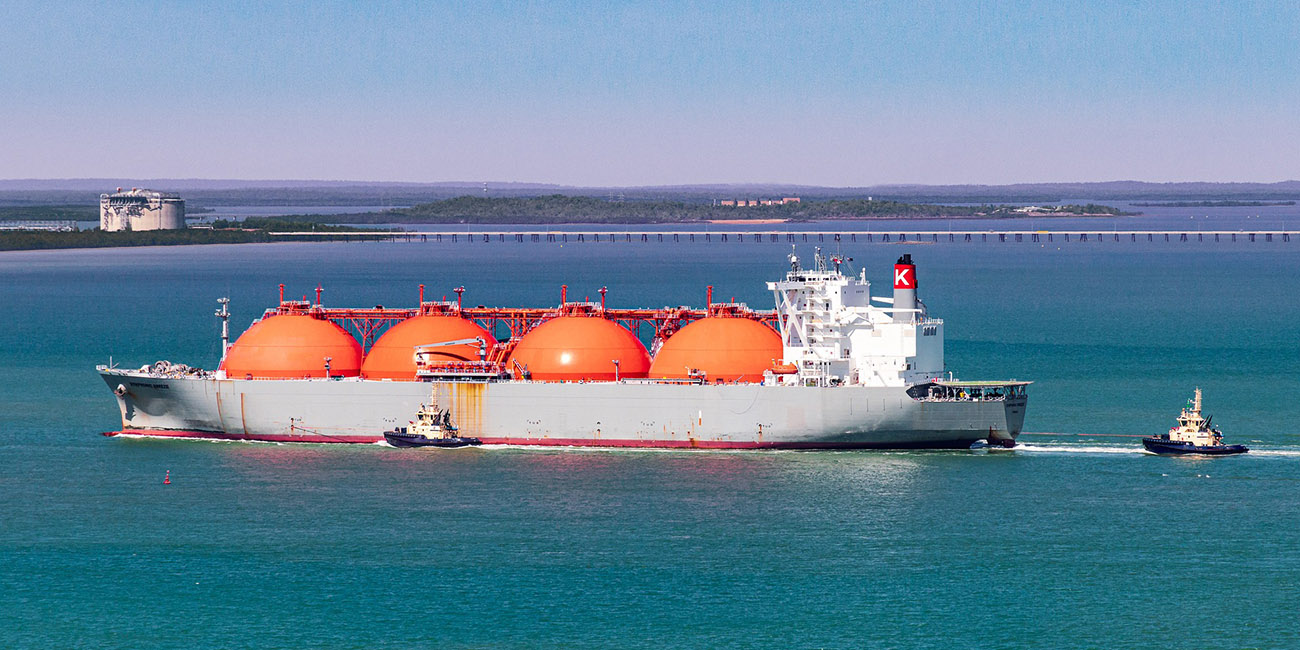Arbitrage traders are individuals or entities that engage in a trading strategy known as arbitrage. Arbitrage is the practice of taking advantage of price discrepancies for the same asset or security across different markets or trading platforms.
Read moreContinuous futures
Continuous futures refer to a type of financial derivative contract that allows investors to buy or sell an underlying asset at a predetermined price, with settlement occurring at a future date. As you know, traditional futures contracts have specific expiration dates.
Read moreWhat is the price of oil?
What is the price of oil? Let’s try to answer this seemingly simple question. The fact is that crude oil comes from various fields in many countries. In addition, crude oil is traded in several ways. Read in this article why the answer is not as simple as it seems.
Read moreFinite-state machines
Finite-state machines (FSM) are mathematical abstractions that are used in the development of trading robots to model and control trading strategies and decision-making processes. If you want to develop a trading robot, but don’t know where to start, you’re on the right way.
Read moreExotic underlying assets
Exotic underlying assets in futures contracts are those that deviate from the typical financial instruments or commodities commonly traded in traditional futures markets. These assets are more specialized and less commonly encountered.
Read moreDirham is about 0.27 USD. Always. How does it work?
Dirham is approximately equal to 0.27 USD. Contrary to the currencies actively traded on Forex, the UAE dirham always maintains a constant exchange rate against the US dollar. You may know this fact about the Dirham.
Read moreGold trading: 10 interesting facts
Gold has been a valuable and sought-after commodity for centuries. Its shimmering beauty and rarity have made it a symbol of wealth and power. In addition to its aesthetic appeal, gold also holds significant importance in the world of trading.
Read moreGas hubs. Why are they interesting?
Gas hubs are central points in a natural gas market where multiple gas suppliers and buyers come together to trade and exchange natural gas. They are interesting because they serve as a physical and financial marketplace for buying and selling natural gas.
Read moreInternal netting in Forex
Internal netting in Forex is the process by which a brokerage firm or financial institution matches and settles trades internally, without routing them to an external market or exchange. It is also known as “internal matching” or “internal clearing.” Here are its features.
Read moreOffshore jurisdictions. Why and for what?
Offshore jurisdictions are good for forex brokers. We can quite understand what benefits brokers get. They are regulatory flexibility, tax advantages, cost-effective operations, and access to international clients.
Read more









